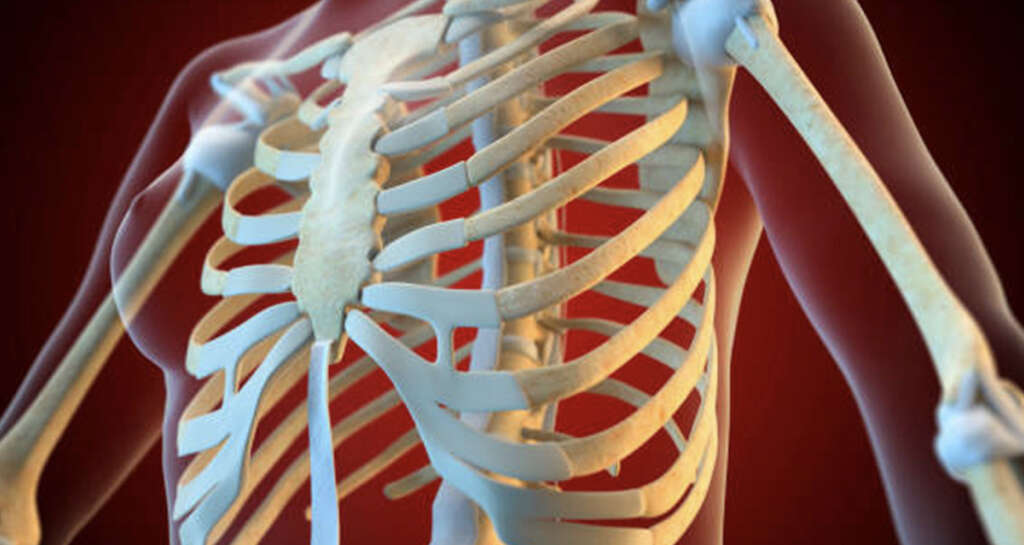

Myocarditis, an inflammation in the heart muscle (myocardium).Pericarditis is an inflammation in the pericardium(the fibrous sac surrounding the heart).Angina pectoris, caused by a blockage in the blood vessels leading to your heart.The following are heart-related causes of chest pain:.Most of the chest pain causes are not dangerous to health, but some are serious, while the least cases are life-threatening.This condition is called pleurisy or pleuritis. When pleura is infected or inflamed, it becomes irritated and swollen, causing sharp chest pain when breathing, coughing, or sneezing. Pleuritic chest pain: The thin tissues that line your lungs and chest wall, are called the pleura or pleuritis.This acid reflux can irritate the lining of the tube connected and causes discomfort in the chest. Gastroesophageal Reflux Disease(GERD): Gastroesophageal Reflux Disease is caused when stomach acids flow esophagus(tube that connecteds to the mouth and the stomach).

In most cases, pulmonary embolism is caused by blood clots that travel to the lungs from the veins in the legs and the other body parts. Pulmonary embolism: Pulmonary embolism is a blockage in the pulmonary arteries in the lungs.But some severe cases treatment may include medication and rarely surgery. Pericarditis is usually mild and goes without treatment. Pericarditis causes sharp chest pain and discomfort when breathing heavily. Pericardium keeps the heart from over-expanding when the blood volume increases, keeps functioning of the heart effectively. Pericarditis: Pericarditis is an inflammation in the pericardium(the fibrous sac surrounding the heart).Pain might appear in the middle or left side of the heart. Stent pain is common with those who have undergone coronary stent surgery. Stent Pain: A stent is placed when an artery becomes narrow restricting blood flow to the heart muscle.

If there is no blood flow in the arteries, the heart muscle gets damaged.


 0 kommentar(er)
0 kommentar(er)
